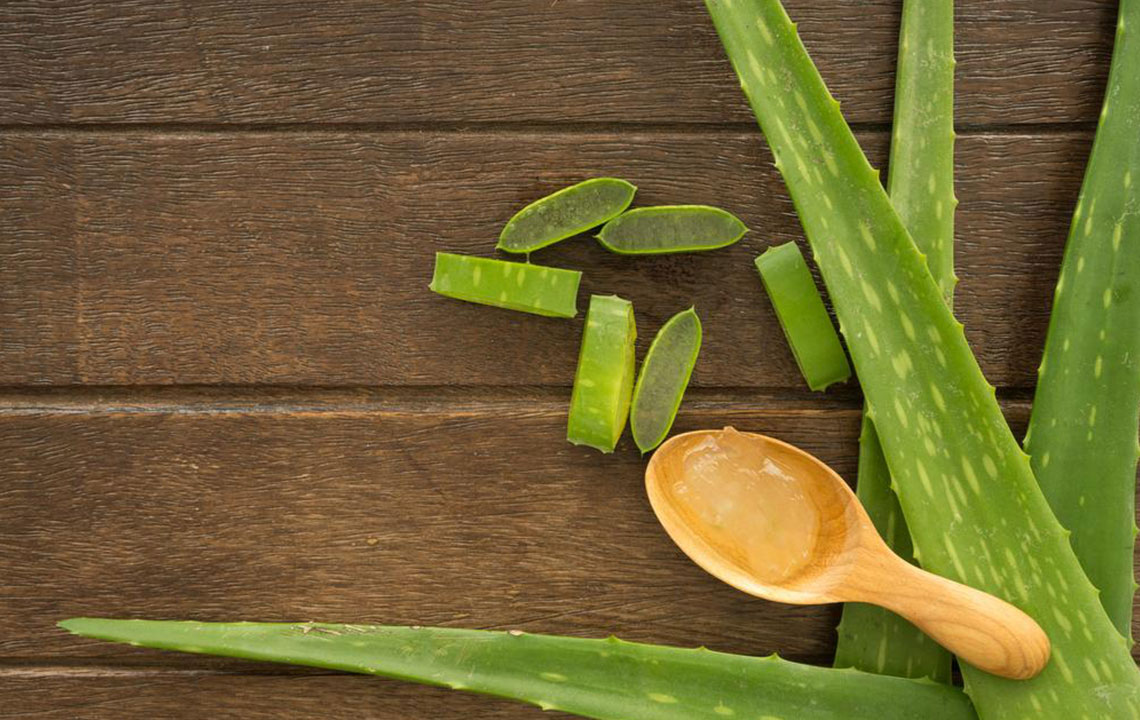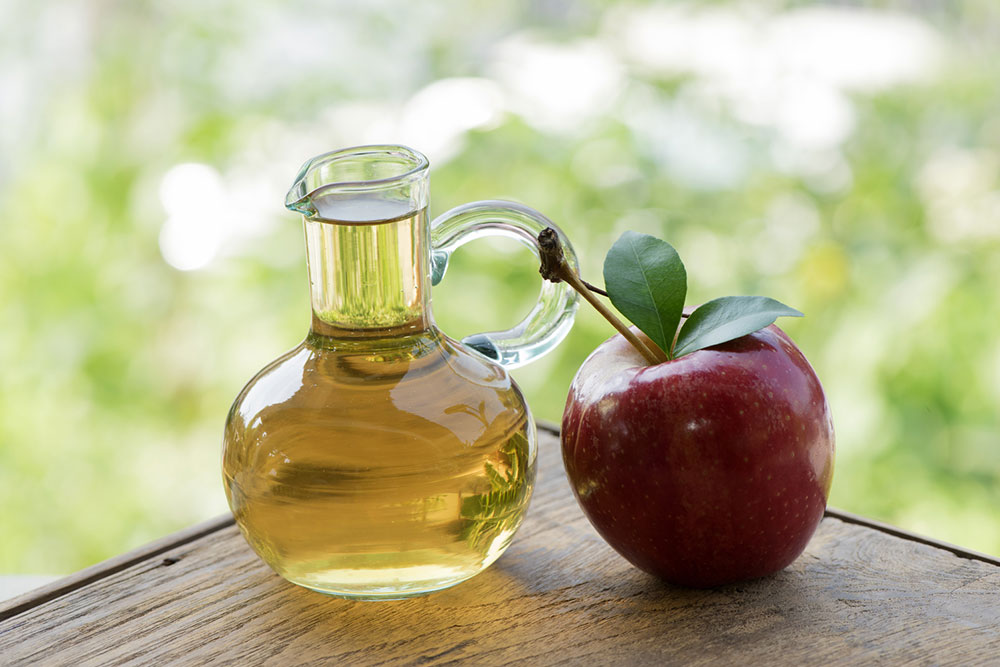Comprehensive Natural Approaches to Manage Enlarged Prostate Symptoms
Explore comprehensive natural strategies to manage enlarged prostate symptoms effectively. From pelvic exercises and herbal remedies to dietary changes, learn how to support prostate health naturally, reduce discomfort, and improve urinary function. This detailed guide emphasizes safe, holistic approaches to enhance quality of life and prevent complications associated with BPH.

Natural and Effective Strategies to Support Prostate Health and Alleviate Symptoms of Enlarged Prostate
Benign prostatic hyperplasia (BPH), commonly referred to as an enlarged prostate, is a prevalent condition that impacts millions of men worldwide, particularly as they age. While conventional medical treatments such as medications and surgical options are often utilized, many men seek natural remedies to manage symptoms and improve quality of life. The prostate, a vital muscular gland situated just below the bladder and encircling the urethra, plays a key role in semen production. Its enlargement, usually associated with aging after 40 or 50, can lead to urinary difficulties, including frequent urination—especially during the night—feeling of incomplete bladder emptying, and discomfort.
Although age is a significant factor, younger men can sometimes experience prostate enlargement due to lifestyle factors, hormonal imbalances, or underlying health issues. When the prostate enlarges, it exerts pressure on the urinary tract, leading to a variety of symptoms such as dribbling, pain during urination, and occasional blood in urine. This condition can also increase susceptibility to urinary infections, which further complicate health. Standard treatment options typically involve pharmacological interventions like alpha-blockers such as terazosin, antibiotics in cases of infection, and in severe cases, surgical procedures like transurethral resection of the prostate (TURP). However, many men prefer exploring natural approaches to mitigate symptoms, minimize medication side effects, and support overall well-being.
Research indicates that adopting certain natural lifestyle changes and herbal remedies can offer significant support for prostate health. These methods may help alleviate discomfort, reduce prostate size naturally, and improve urinary function. In this comprehensive guide, we will explore some of the most effective natural strategies to manage symptoms associated with an enlarged prostate, emphasizing safety, consistency, and holistic health improvements.
Pelvic Floor and Kegel Exercises
Regular pelvic floor strengthening exercises, such as Kegel workouts, play a crucial role in supporting prostate health. These exercises involve contracting and relaxing the pelvic muscles, which helps improve urinary control, reduce incontinence, and relieve pressure-related discomfort. For men experiencing frequent urination or urgency, incorporating Kegels into daily routines can enhance muscle tone and promote better bladder function over time.
Apple Cider Vinegar and Its Benefits
Unfiltered apple cider vinegar contains natural acids and enzymes that have potent anti-inflammatory properties. Consuming small amounts of apple cider vinegar diluted in water can help reduce prostate swelling and inflammation. Additionally, its antibacterial effects may help prevent urinary tract infections, which are common in men with prostate issues. Regular use as part of a balanced diet may support urinary health and lessen symptoms.
Stinging Nettle as a Natural Remedy
This herbal remedy has been traditionally used for prostate issues due to its diuretic properties and anti-inflammatory compounds. Stinging nettle helps promote smooth urination, reduces urinary symptoms, and may assist in shrinking prostate tissue. It is often consumed as a supplement or brewed into tea, offering a natural approach to managing prostate enlargement.
Saw Palmetto Extracts
Saw palmetto (Serenoa repens) is one of the most researched herbal remedies for benign prostatic hyperplasia. It works by inhibiting the conversion of testosterone into dihydrotestosterone (DHT), a hormone linked to prostate growth. Supplementation with saw palmetto has been shown to reduce nighttime urination, improve urinary flow, and decrease prostate size naturally, making it a popular choice among natural health enthusiasts.
Pumpkin and Watermelon Seeds
Seeds from pumpkin and watermelon are rich sources of zinc, phytosterols, and diuretic compounds that support immune health and promote prostate wellbeing. Regular consumption of these seeds can help regulate hormone balance, reduce inflammation, and ease urinary symptoms associated with prostate enlargement.
Corn Silk Tea
Traditional herbalists have long used corn silk as a remedy for urinary issues. Rich in antioxidants and anti-inflammatory agents, corn silk tea helps relax urinary muscles, increase urine flow, and reduce discomfort. Drinking corn silk infusion can be a soothing natural method to support bladder health and alleviate BPH symptoms.
Hot and Cold Sitz Baths
Alternating hot and cold sitz baths are a natural therapy to comfort prostate-related discomfort. Hot baths help relax tense muscles, improve blood flow, and reduce swelling, while cold baths can diminish pain and inflammation. Regularly practicing this method enhances circulation and aids the body's natural healing processes, complementing medical treatment.
Adopting a Prostate-Friendly Diet
Nutrition plays a vital role in prostate health. Consuming a diet rich in vitamin C, zinc, and antioxidants from vegetables like tomatoes, peppers, spinach, and broccoli supports immune function. Staying well-hydrated, limiting fatty and processed foods, and including anti-inflammatory foods can significantly alleviate symptoms. Maintaining a balanced diet helps reduce inflammation, support hormonal balance, and promote overall urinary health.
Neglecting signs of prostate enlargement can lead to serious complications, including urinary infections, kidney problems, urinary retention, and even bladder stones. Therefore, adopting healthy lifestyle changes, including natural remedies and dietary modifications, is essential for symptom management, prevention of progression, and improving quality of life. Regular check-ups with healthcare providers are also important to monitor prostate health and develop an individualized care plan.





